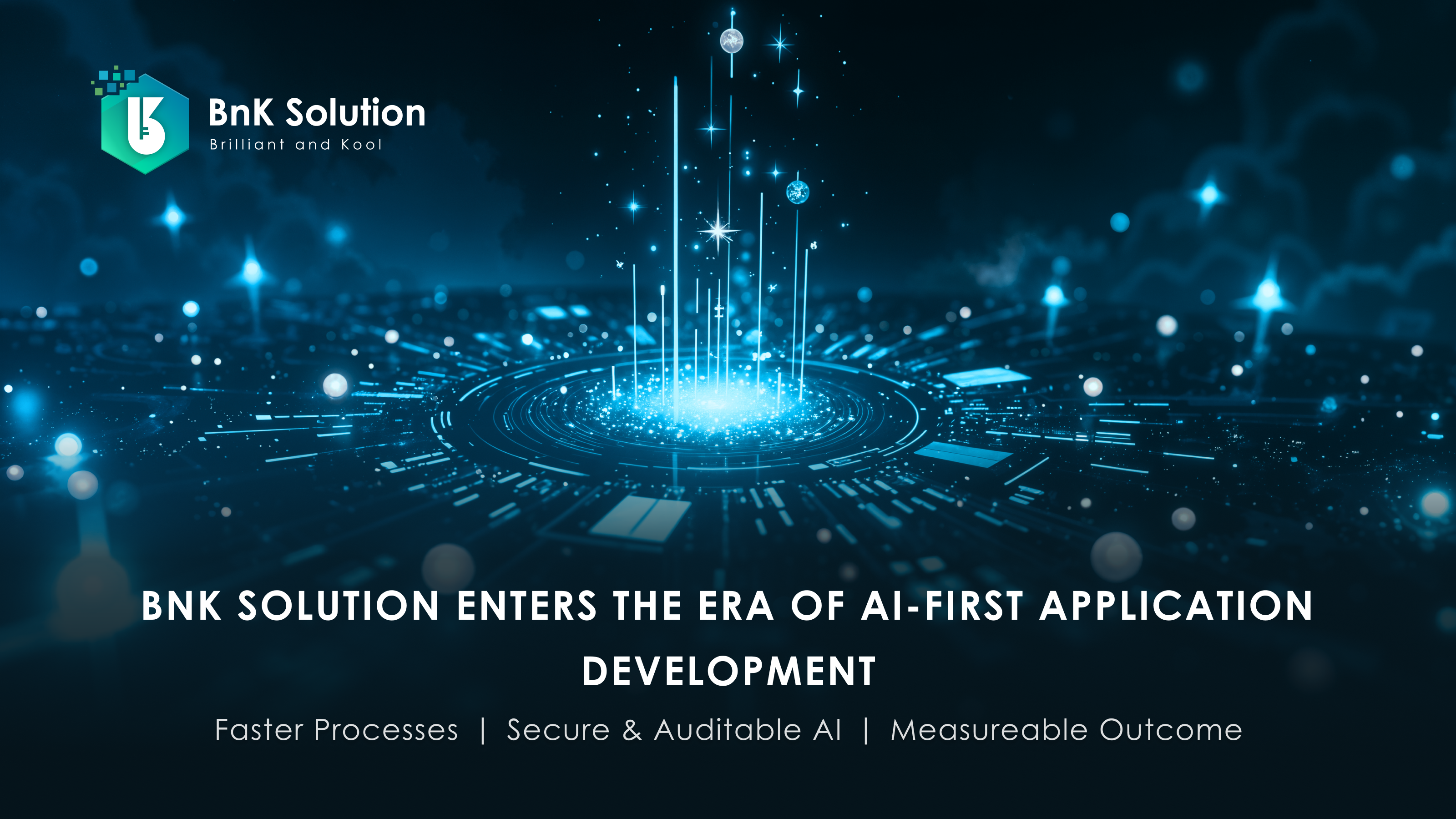In the current era, ensuring continuous management and operation is a prerequisite for manufacturing enterprises (MNEs). Beyond achieving production targets, factories now emphasize finding innovative solutions to automate production, improve processes, and enhance overall work efficiency. Many MNEs strategically focus on constructing comprehensive digital transformation roadmaps to achieve short- and long-term business goals while ensuring seamless operational processes.
Amidst the digital transformation wave and the race to integrate information technology into manufacturing, numerous enterprises have boldly invested in comprehensive resource management systems (ERP), including advanced global ERP systems such as SAP, Odoo, Oracle, Microsoft D365, Epicor, and others. Small and medium-sized manufacturing enterprises also seek accessibility to Vietnamese ERP software such as Bravo, Misa, and Fast, recognizing significant benefits from these management systems. Investment is made not only for survival but also for substantial growth!
On the other hand, foreign direct investment (FDI) enterprises, particularly those from Japan, South Korea, or China in Vietnam, opt to deploy Manufacturing Execution Systems (MES) first and prioritize implementing accounting systems rather than adopting an entire ERP system.
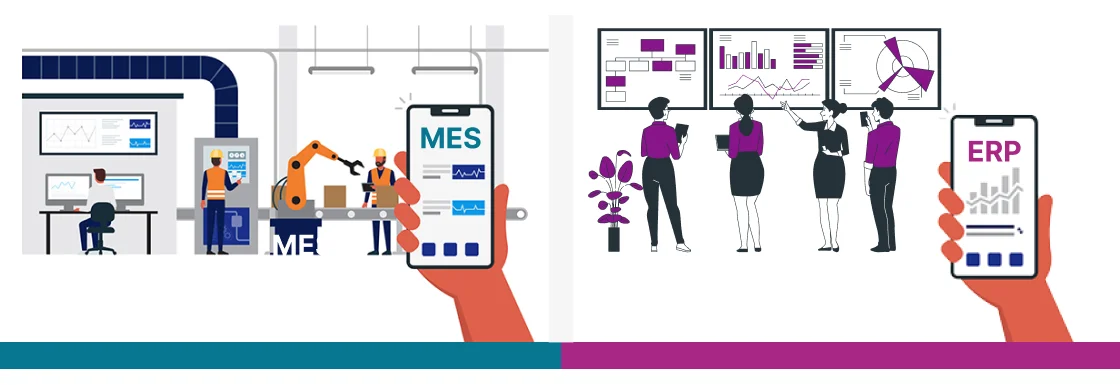
A question posed to manufacturing enterprise managers is whether to deploy one system first or to deploy both systems simultaneously; whether this deployment is difficult and whether the manufacturer has the ability to pay for both system.
The Difference Between MES and ERP
MES and ERP are both software trusted by many businesses for management and operation, especially manufacturing enterprises. Although they are no longer unfamiliar, these two software are often confused with each other. In fact, MES and ERP have a significant difference in terms of function, each type has its own strengths and tasks. To understand these software, let’s follow along.
Manufacturing Execution System (MES)

The MES system is created with the goal of focusing entirely on the manufacturing aspect, serving as an important bridge between manufacturing operations and the enterprise’s specialized systems. Administrators can easily collect and manage detailed information about the process, the production capacity of devices or individual components in the factory through the MES platform.
MES promotes the product inspection process, optimizes resources, and manages quality through the monitoring and coordination of manufacturing activities in real time, thereby the factory can achieve optimal efficiency.
In addition, MES also provides flexibility, allowing factory modeling, changing complex, inefficient processes, and executing operations immediately. The issue of inventory control is also more effectively implemented thanks to the flexible algorithms of MES, easily planning accurate raw materials for each different production batch.
As a result, an MES software can bring multiple benefits to an organization:
--> Reduce and eliminate paperwork in manufacturing departments
--> Reduce errors, avoid waste due to repair or redoing products
--> Easily find the causes of incidents
--> Reduce manual data entry time
--> Optimize production cycle times, increase productivity and output
--> Effective use of equipment in the factory, limiting idle machine time
--> Improve planning and reasonable scheduling (allowing better handling of peak orders and improving on-time distribution rate)
--> Reduce return rate, return goods due to manufacturing errors, …
In summary, MES software helps support operations, production planning, provides the ability to track and accurately display real-time data. It is the basis for administrators to control and improve production efficiency in the factory.
Enterprise Resource Planning (ERP)
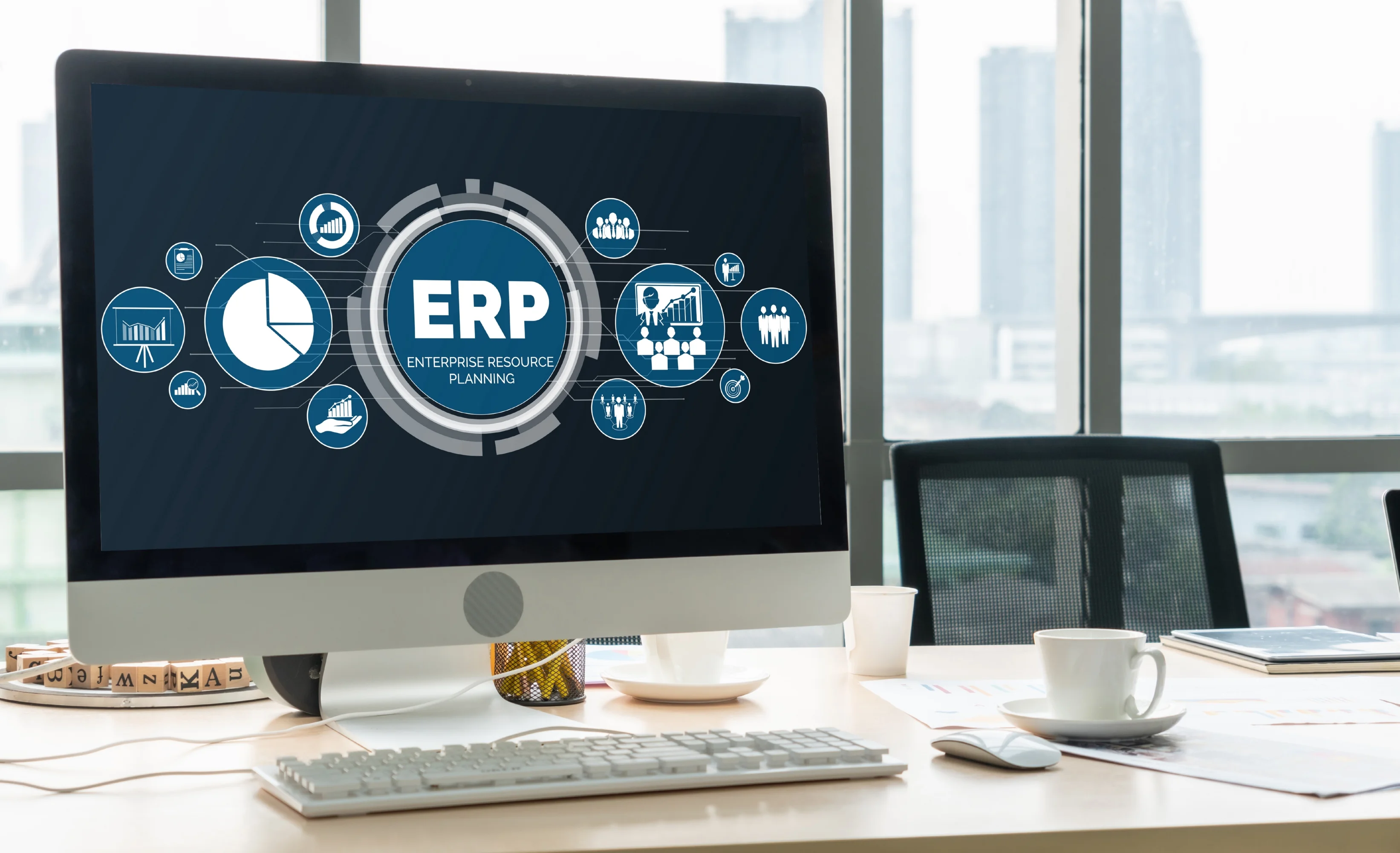
Suppose MES is a powerful tool that aids in the operation and execution of production. In that case, ERP is a reliable assistant, supporting managers in conducting accurate analyses, planning appropriate shows, and effectively managing the enterprise’s resources. Information becomes the center of all activities thanks to the power of ERP software.
A truly integrated ERP system is designed to use a unified database, and the modules within the system can “communicate” and “understand” each other. This is different from traditional MES software. ERP allows collaboration at an enterprise scale and generates real-time visual reports (daily, weekly, monthly).
Currently, most functions of the ERP system are spread across the enterprise. The most used multiple modules are finance, order processing, production, supply chain and inventory management, human resources, and customer relationship management. In addition, managers can decide whether to integrate additional modules that suit the needs of the enterprise, avoiding resource waste.
An effective ERP system can:
--> Connecting production activities with the entire organization
--> Reducing input data, improving efficiency, and reducing manual errors
--> Enhancing customer service
--> Enabling enterprise-wide visibility and reporting, assisting managers in making more insightful and practical decisions.
--> Improving internal collaboration as well as with suppliers and customers
--> Increasing visibility of business operations and cost control
--> Providing an effective means to translate strategic business goals into planning and real-time control.
In summary, ERP is a strategic tool that helps organizations improve production operations and management by integrating business processes into a single system, reasonably optimizing available resource allocation. The ERP system allows the organization to understand business operations and available resources better and plan for the future.
More information >>> Phần mềm ERP là gì? 10 lý do nên chọn Odoo ERP cho doanh nghiệp sản xuất.
Overall, here are the differences between MES and ERP:
.webp)
In simpler terms, ERP knows “why”, while MES knows “how”. Each system has its own strengths and specific functions, bringing different efficiencies to businesses with specific business goals.
Which system should you choose for your business?
The choice between MES and ERP depends on the business’s specific needs. If the company needs to improve production efficiency, enhance product quality, and minimize resource waste, then MES is the appropriate choice. If the business needs comprehensive management of its operations, then ERP is the choice.
In reality, many businesses choose to deploy both MES and ERP to combine the advantages of these two systems. MES provides timely production information for ERP, helping ERP make more accurate business decisions.
There is no specific list of standards to decide whether your business needs MES, ERP, or even both. The key to choosing the right management software is to identify the requirements and essential goals of the company from the beginning. By doing this, you will find the best tool that helps meet your business goals.
Your journey has just truly begun!
BnK Solution – Trusted Digital Partner!



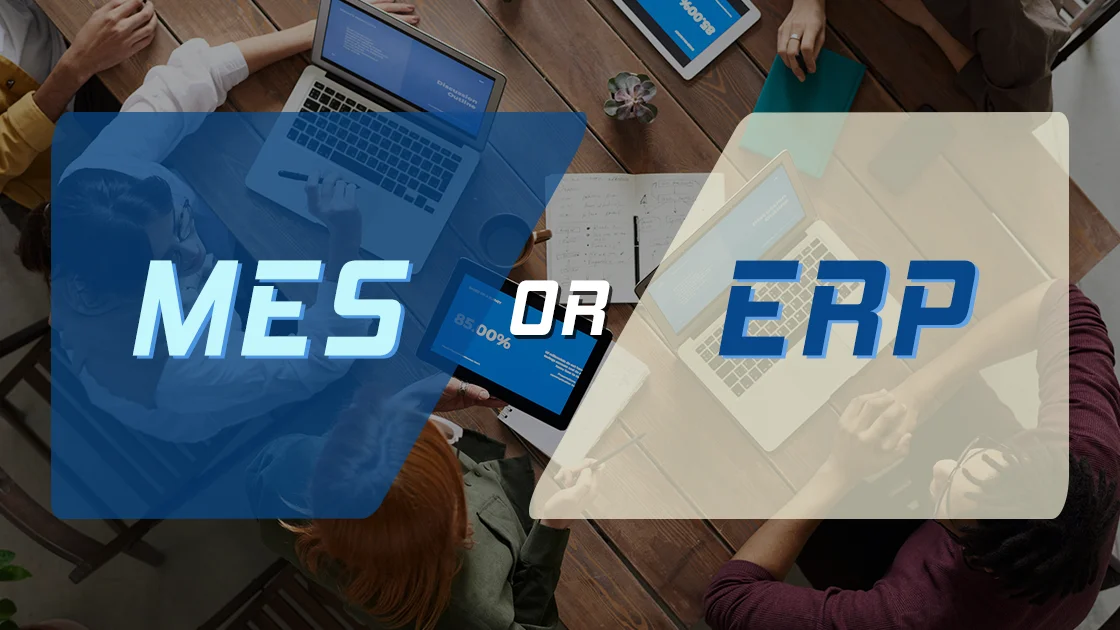

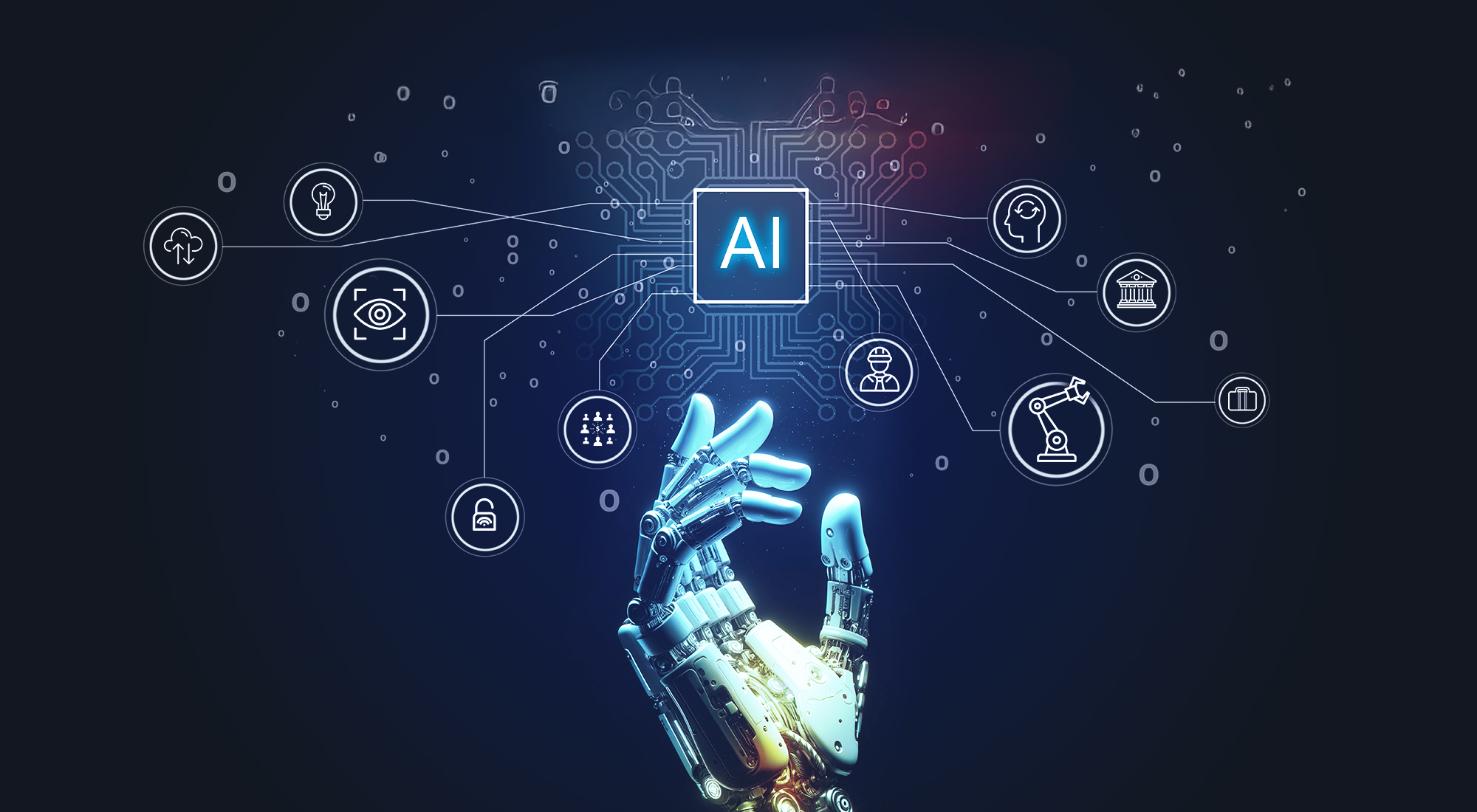




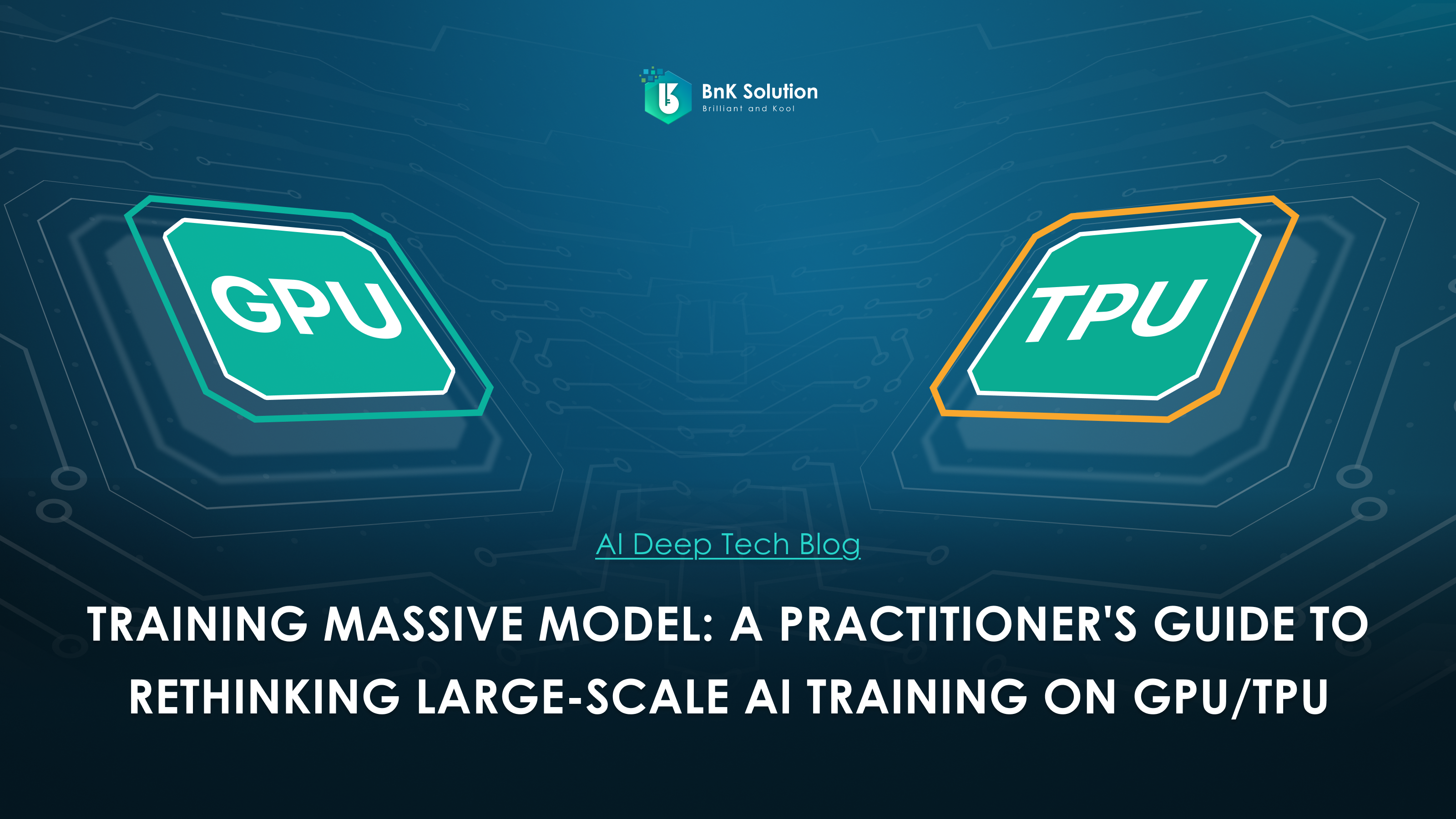
.png)
.png)
.png)
.png)
